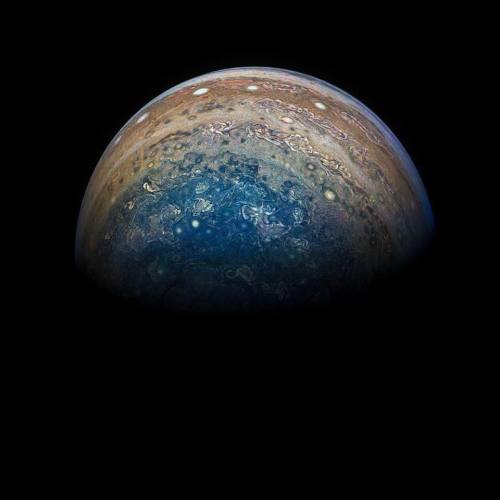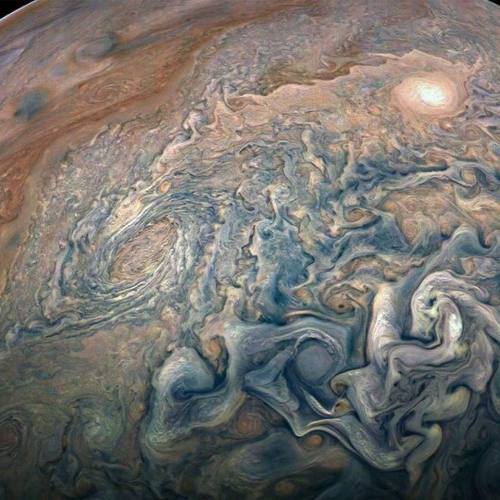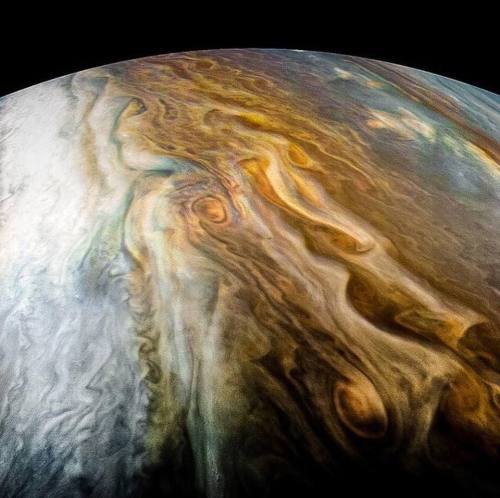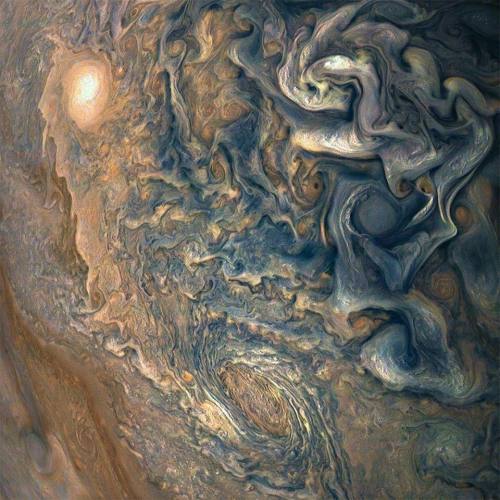Chaos3612 - Chaotic Dynamics

More Posts from Chaos3612 and Others
Moving blog! @chaoticaldynamics
Hi everyone! I’m moving my blog to @chaoticaldynamics
Long story, but tumblr is a chaotic website. Follow me there if you are interested!
Relationship status:
I've just googled "How to survive attending your Ex's wedding"
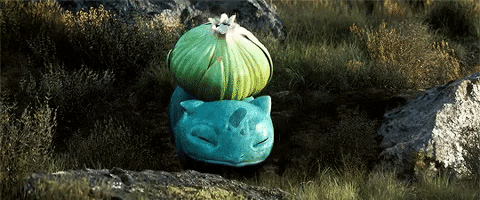
Imagine getting lost in woods then you find a Bulbasaur trying to help you
for all of you guys getting anxious about the environment and pollution
y’all deserve to hear the good news too, and yes i fact checked these.
7 miles of habitat for bees will be planted in london
the biggest coal plant in north america has been converted to solar panels
roads in edinburgh will close once a month to help pollution
maine has banned styrofoam
new york city and los angeles have both made “green new deals”
The london marathon replaced 200,000 single use water bottles with seaweed water pods
the bees in notre dame survived the fire, and the roof could possibly built in a more eco-friendly way.
the population of flightless kakapos (a cool bird) is rising
the carbon emissions in the uk are the lowest they’ve been since 1998
Another large bee habitat (.5 mil acres) has been created
there is a robot that delivers young coral to help repopulate the great barrier reef
portugal plans to stop using plastic on fruit, vegetables, and bread by 2020
106 new species of bees have been discovered in australia since 2010
a group of Sikhs plan to plant 1,000,000 trees as a gift to the earth
disney has made a mickey-shaped solar farm
Morgan freeman turned a 124 acre ranch in mississippi to a bee habitat
China plans on making a “forest city” to help clean up their air
An increasing amount of countries and states are beginning to ban single use plastics.
A couple replanted a whole forest in brazil (2.7 mil trees) in 20 years, and the animals have come back to live there
The hole in the ozone layer is repairing itself more each year
China plans on spending 360 billion dollars to improve renewable energy and has scrapped plans for coal powered plants that were going to be built.
A national park has been built in the amazon (3.3 mil acres in peru) to preserve the rainforest
Ireland and the uk have declared a climate emergency
The guy who played aquaman (jason momoa) has spent 31,000 dollars to help clean up plastic
South korea is now recycling 95% of food waste
There is a cleanup campaign being planned for mt. everest
Puerto rico wants to use all renewable energy by 2050 and is setting official goals for that
Some schools have special water bottle fill-up stations that encourage you to use refill and reuse plastic bottles rather than throwing them out after one use, these are becoming more common.
9 endangered species are thought to make a comeback this year
20 countries in africa are planning to make a “green wall” of trees and plants that will span the width of africa to stop desertification
recently, a lot of volunteers and organizations are planting a ton of trees.
Awareness about the environment and climate change is growing super fast right now among people and countries, which will only help us
Most pollution is caused by like 100 companies, but a few of those (like pepsi) are trying to cut down on that.
if this stuff keeps happening things will get even better, and the only thing stopping us really are those big companies who don’t want to pay the money to switch to more eco-friendly energy sources. i know the media tends to cause fear and stress about this stuff for a lot of people, but there really is hope.
easy things we can do:
Recycle
Plant gardens in your yard for bees if you can
Participate in community volunteer things that plant trees and gardens
Theres this search engine called ecosia that plants a tree for every 45 searches you make, it has almost 2 mil users.
Pick up trash if you see it when you’re at the beach or in nature
If you have a fair amount of money, consider donating some to trustworthy environmental organizations
Start using a reusable water bottle (like those ones at target) rather than relying on single use plastic ones.
Cut the plastic rings on plastic milk bottles. You know, the little spiky plastic ring near the cap. Birds get those things stuck around their neck and die, so cut them so that they can’t get stuck on a neck.
If you can afford it, get some of those reusable grocery bags and sue those. most grocery stores have them, and it saves a lot of waste.
Yesterday was hard.
I'm in some courses all this week, and I don't understand anything that 3 of the 4 speakers say. And I've just met the new PhD student of the department, and he's really smart and he's understanding most of the things. And on top of that my advisor is asking me to finish a big amount of writing. I feel really stupid and discouraged.
So, list of positive things to take into account this week:
- All of the courses are about PDEs and not Dynamical systems (which is my research topic). It's normal to not understand most of them.
- It is a great opportunity to see how people of other topics work, and what are they interests. You don't need to understand everything perfectly. Let go and enjoy.
- I learned a lot from yesterday's poster session, and from other students.
- Next year I would have a very smart PhD partner from who I could learn a lot.
- I am a slow-learner when understanding new topics, and that is okay. I could have other qualities that make me a good mathematician.
Remember the Women Who Made #Apollo50th Possible
As the world celebrates the 50th anniversary of the historic Moon landing, we remember some of the women whose hard work and ingenuity made it possible. The women featured here represent just a small fraction of the enormous contributions made by women during the Apollo era.
Margaret Hamilton, Computer Programmer

Margaret Hamilton led the team that developed the building blocks of software engineering — a term that she coined herself. Her systems approach to the Apollo software development and insistence on rigorous testing was critical to the success of Apollo. In fact, the Apollo guidance software was so robust that no software bugs were found on any crewed Apollo missions, and it was adapted for use in Skylab, the Space Shuttle and the first digital fly-by-wire systems in aircraft.
In this photo, Hamilton stands next to a stack of Apollo Guidance Computer source code. As she noted, “There was no second chance. We all knew that.”
Katherine Johnson, Aerospace Technologist

As a very young girl, Katherine Johnson loved to count things. She counted everything, from the number of steps she took to get to the road to the number of forks and plates she washed when doing the dishes.
As an adult, Johnson became a “human computer” for the National Advisory Committee for Aeronautics, which in 1958, became NASA. Her calculations were crucial to syncing Apollo’s Lunar Lander with the Moon-orbiting Command and Service Module. “I went to work every day for 33 years happy. Never did I get up and say I don’t want to go to work.“
Judy Sullivan, Biomedical Engineer

This fabulous flip belongs to biomedical engineer Judy Sullivan, who monitored the vital signs of the Apollo 11 astronauts throughout their spaceflight training via small sensors attached to their bodies. On July 16, 1969, she was the only woman in the suit lab as the team helped Neil Armstrong suit up for launch.
Sullivan appeared on the game show “To Tell the Truth,” in which a celebrity panel had to guess which of the female contestants was a biomedical engineer. Her choice to wear a short, ruffled skirt stumped everyone and won her a $500 prize. In this photo, Sullivan monitors a console during a training exercise for the first lunar landing mission.
Billie Robertson, Mathematician

Billie Robertson, pictured here in 1972 running a real-time go-no-go simulation for the Apollo 17 mission, originally intended to become a math teacher. Instead, she worked with the Army Ballistic Missile Agency, which later became rolled into NASA. She created the manual for running computer models that were used to simulate launches for the Apollo, Skylab and Apollo Soyuz Test Project programs.
Robertson regularly visited local schools over the course of her career, empowering young women to pursue careers in STEM and aerospace.
Mary Jackson, Aeronautical Engineer

In 1958, Mary Jackson became NASA’s first African-American female engineer. Her engineering specialty was the extremely complex field of boundary layer effects on aerospace vehicles at supersonic speeds.
In the 1970s, Jackson helped the students at Hampton’s King Street Community center build their own wind tunnel and use it to conduct experiments. “We have to do something like this to get them interested in science,” she said for the local newspaper. “Sometimes they are not aware of the number of black scientists, and don’t even know of the career opportunities until it is too late.”
Ethel Heinecke Bauer, Aerospace Engineer

After watching the launch of Sputnik in October 1957, Ethel Heinecke Bauer changed her major to mathematics. Over her 32 years at NASA, she worked at two different centers in mathematics, aerospace engineering, development and more.
Bauer planned the lunar trajectories for the Apollo program including the ‘free return’ trajectory which allowed for a safe return in the event of a systems failure — a trajectory used on Apollo 13, as well as the first three Apollo flights to the Moon. In the above photo, Bauer works on trajectories with the help of an orbital model.
Follow Women@NASA for more stories like this one, and make sure to follow us on Tumblr for your regular dose of space: http://nasa.tumblr.com.




Circling the Sun (larger)
Can we as millennials and gen-z’s collectively agree that NObody Cares about elbows on the table like Why was that Ever A Problem for Anyone?? We can chill right?
-
 hyperfix-wip reblogged this · 3 weeks ago
hyperfix-wip reblogged this · 3 weeks ago -
 starrysidereus reblogged this · 1 month ago
starrysidereus reblogged this · 1 month ago -
 starrysidereus liked this · 1 month ago
starrysidereus liked this · 1 month ago -
 super-psycho-lov3 reblogged this · 1 month ago
super-psycho-lov3 reblogged this · 1 month ago -
 super-psycho-lov3 liked this · 1 month ago
super-psycho-lov3 liked this · 1 month ago -
 heyheycallmeheyhey liked this · 1 month ago
heyheycallmeheyhey liked this · 1 month ago -
 ddduhnonymouss reblogged this · 1 month ago
ddduhnonymouss reblogged this · 1 month ago -
 girllikewisdom liked this · 2 months ago
girllikewisdom liked this · 2 months ago -
 magicaleclipsezinepaper-blog liked this · 2 months ago
magicaleclipsezinepaper-blog liked this · 2 months ago -
 ultimategaydisaster reblogged this · 3 months ago
ultimategaydisaster reblogged this · 3 months ago -
 amseltv reblogged this · 3 months ago
amseltv reblogged this · 3 months ago -
 heckcareoxytwit liked this · 4 months ago
heckcareoxytwit liked this · 4 months ago -
 purpl3tortois3 reblogged this · 5 months ago
purpl3tortois3 reblogged this · 5 months ago -
 purpl3tortois3 liked this · 5 months ago
purpl3tortois3 liked this · 5 months ago -
 fanatess reblogged this · 5 months ago
fanatess reblogged this · 5 months ago -
 kastumoem reblogged this · 5 months ago
kastumoem reblogged this · 5 months ago -
 fanboytrashlord4life reblogged this · 5 months ago
fanboytrashlord4life reblogged this · 5 months ago -
 raleighrambles liked this · 5 months ago
raleighrambles liked this · 5 months ago -
 deathislikeeternaltvstatic reblogged this · 5 months ago
deathislikeeternaltvstatic reblogged this · 5 months ago -
 thedissociatives liked this · 5 months ago
thedissociatives liked this · 5 months ago -
 frombraize liked this · 5 months ago
frombraize liked this · 5 months ago -
 whitenikes reblogged this · 5 months ago
whitenikes reblogged this · 5 months ago -
 trentfrederic11 reblogged this · 5 months ago
trentfrederic11 reblogged this · 5 months ago -
 blackthornass reblogged this · 5 months ago
blackthornass reblogged this · 5 months ago -
 easily-spooked liked this · 5 months ago
easily-spooked liked this · 5 months ago -
 domesticwaffles77 liked this · 5 months ago
domesticwaffles77 liked this · 5 months ago -
 adventuresofevain reblogged this · 5 months ago
adventuresofevain reblogged this · 5 months ago -
 greatwhalegod reblogged this · 5 months ago
greatwhalegod reblogged this · 5 months ago -
 odd-dragon reblogged this · 5 months ago
odd-dragon reblogged this · 5 months ago -
 isthenextstormlightoutyet reblogged this · 5 months ago
isthenextstormlightoutyet reblogged this · 5 months ago -
 cosmeretrek reblogged this · 5 months ago
cosmeretrek reblogged this · 5 months ago -
 lazyobject liked this · 5 months ago
lazyobject liked this · 5 months ago -
 cernunnos1990 liked this · 5 months ago
cernunnos1990 liked this · 5 months ago -
 kalianos reblogged this · 5 months ago
kalianos reblogged this · 5 months ago -
 elzewhere liked this · 5 months ago
elzewhere liked this · 5 months ago -
 alexistheheathen reblogged this · 5 months ago
alexistheheathen reblogged this · 5 months ago -
 misterlemonztenth reblogged this · 5 months ago
misterlemonztenth reblogged this · 5 months ago -
 misterlemonztenth liked this · 5 months ago
misterlemonztenth liked this · 5 months ago -
 comtedemoney liked this · 5 months ago
comtedemoney liked this · 5 months ago -
 heathgallerysandiego liked this · 5 months ago
heathgallerysandiego liked this · 5 months ago -
 qualityavenuejellyfish reblogged this · 5 months ago
qualityavenuejellyfish reblogged this · 5 months ago -
 qualityavenuejellyfish liked this · 5 months ago
qualityavenuejellyfish liked this · 5 months ago -
 two-factor-identification reblogged this · 5 months ago
two-factor-identification reblogged this · 5 months ago -
 two-factor-identification liked this · 5 months ago
two-factor-identification liked this · 5 months ago -
 the-dumb-and-the-even-dumber liked this · 5 months ago
the-dumb-and-the-even-dumber liked this · 5 months ago -
 lgbthenry reblogged this · 6 months ago
lgbthenry reblogged this · 6 months ago -
 the-other-will-graham liked this · 6 months ago
the-other-will-graham liked this · 6 months ago

Small and angry.PhD student. Mathematics. Slow person. Side blog, follow with @talrg.
213 posts
